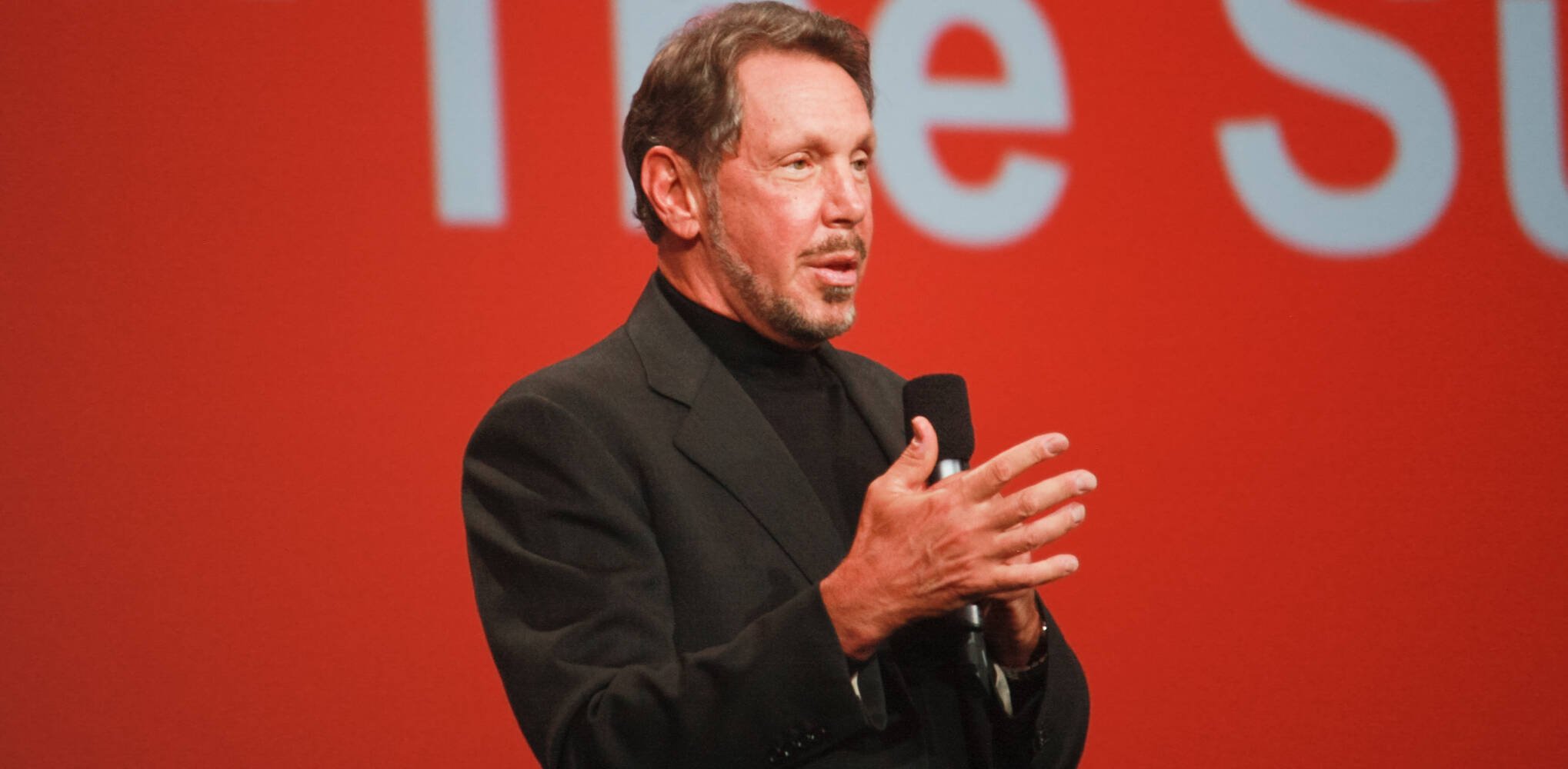
Even fantasy money can buy lots of power – ask Larry Ellison
Opinion When does imaginary money come before real? If you had bought Oracle shares on Tuesday last week and sold them on Friday, you might have some real cash. But everything else lives in a gray area.
It was quite a week for Big Red. After distinctly pedestrian results in terms of the usual metrics — profits were flat at $2.93 billion for the first quarter of 2026 while revenue also missed analysts' expectation – Oracle's share price increased by 40 percent overnight. Optimism was fuelled by its predictions of what customers will spend on cloud infrastructure in the next four years, propelled by an expected surge in demand for AI.
The result was that, in theory, Larry Ellison, Oracle's co-founder and CTO, overtook Elon Musk to become the world's richest man. On paper, at least, when shares in Oracle rose by 40 percent, valuing Ellison's fortune at $393 billion, just ahead of Musk’s $384 billion. Both sums are larger than the GDP of Egypt, a country of more than 100 million people, for context.
Of course, the money would only become real if Ellison were to sell his shares, but that's not stopped him making a power grab.
Since Oracle has achieved nearly six times the value recorded five years ago, the octogenarian already had time to make some moves.
For example, his vast fortune helped his son, David Ellison, acquire media giant Paramount in a $8 billion deal which went through in August. Now Ellison Senior is backing another bid, this time to buy Warner Bros Discovery. Ellison Junior has argued the far reaching media estate, which includes Warner Bros Motion Picture Group, HBO, DC Studios and CNN, could be modernized on a single technology stack.
As if the realm of fiction and fantasy were not enough, Ellison also has his sights set on history. The British press fizzed at the weekend with stories claiming he plans to buy up large chunks of Oxford and "transform the city into the new Silicon Valley." Based in the UK city which saw the birth of one of the world's most prestigious universities nearly a thousand years ago, the Ellison Institute of Technology promises a "transformative strategic alliance" with its academic neighbor and is apparently geared towards medical science, food security, sustainable agriculture, and AI.
But keen readers will remember The Register reporting that there is something about Oracle's fairytale story of the last week which does not quite add up.
Included in expected revenue for the next four years is $300 billion from OpenAI over the course of five years to fuel Sam Altman's AI ambitions by providing five gigawatts of compute capacity.
But serious questions remain over whether OpenAI has got the money. Its revenue is reportedly just $10 billion annually while it is not expected to make a profit until at least 2029. It is likely to get around $30 billion from another VC round and SoftBank, an early backer, might cough up more cash. Still, it seem a long way from the $300 billion it needs to pay Oracle, if Big Red's forcasts are ever to become reality.
Like a slow-motion cartoon double take, the world's media eventually cottoned on to the idea that if Oracle's projected cloud revenue seemed to good to be true, maybe there was a downside risk in the direction of less than 100 percent truthful.
- Monty Widenius 'heartbroken' at the extent of Oracle's MySQL job cuts
- Oracle boasts $455B backlog from AI boom, but not all its new friends will live to pay up
- Coldplay kiss-cam flap proves we’re already our own surveillance state
- Larry Ellison is still not the world's richest person
A keen reader of a media site asked if it was like making the shovels for people to go for mining for gold. Well yes, that analogy could work if you didn't pay the money for the shovels up front while no one was sure where the goldmine was or if the gold would be worth anything.
But who needs reality when you've lived to become the world's richest person?
As 30 years of life dredging out the tech industry’s bottom feeders dawns on The Register, it saddens us that Oracle seems to have forgotten where it all began, with databases. Last month, it sidelined and downsized the team behind the RDBMS that changed the world. But the small change it would take to maintain development of MySQL – the open source database it acquired with Sun Microsystems – seems beyond reach. That might require some real money. ®
